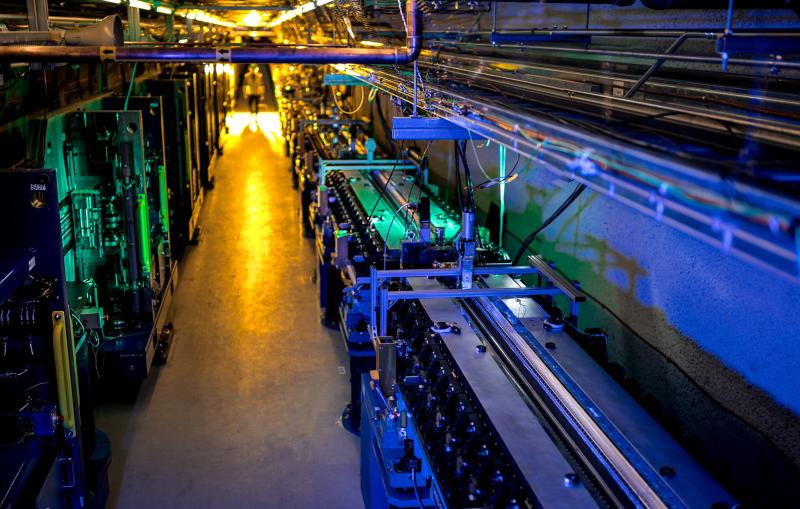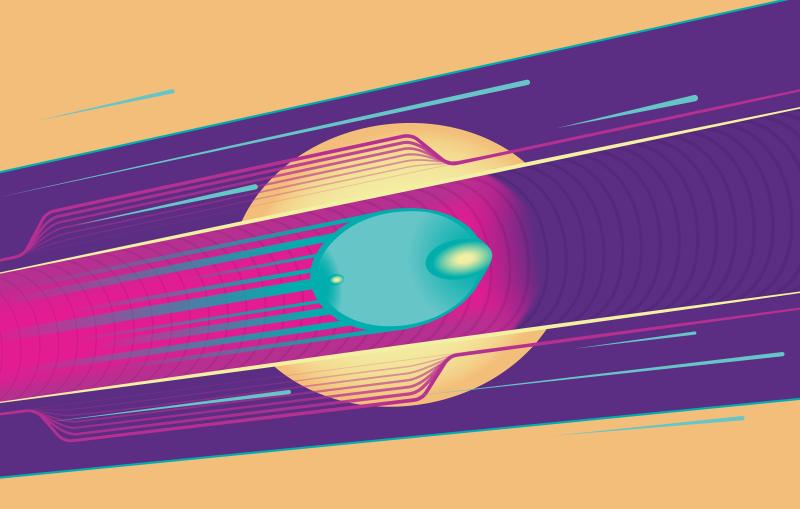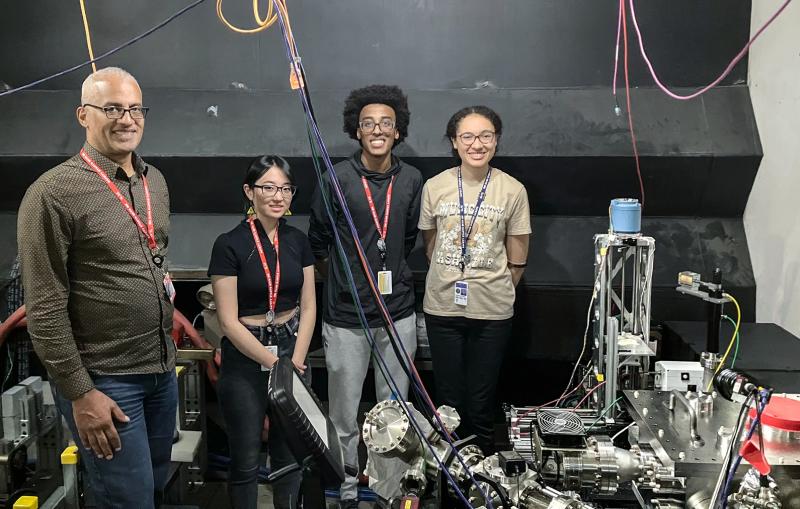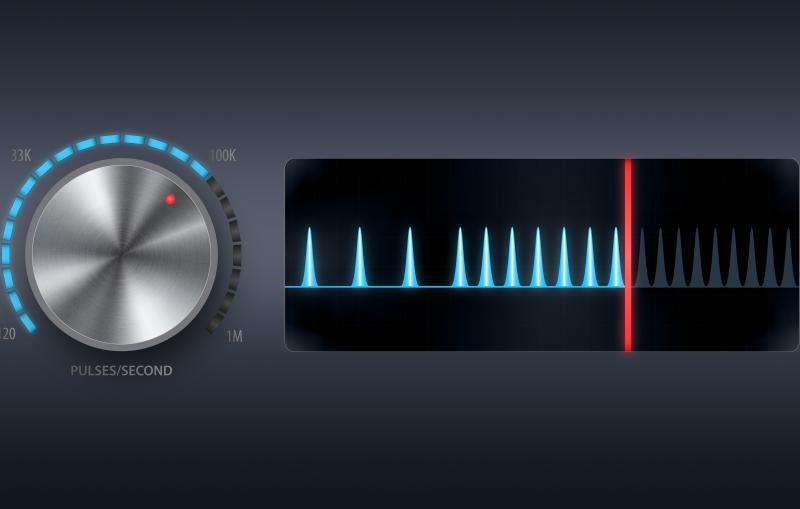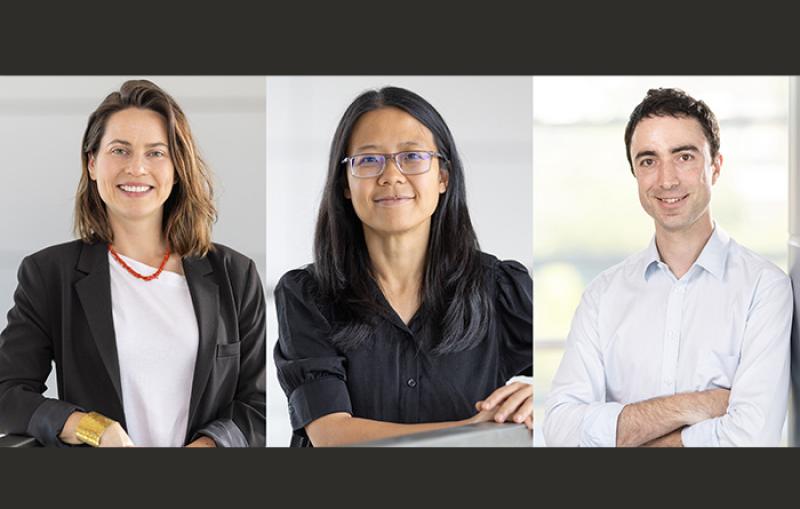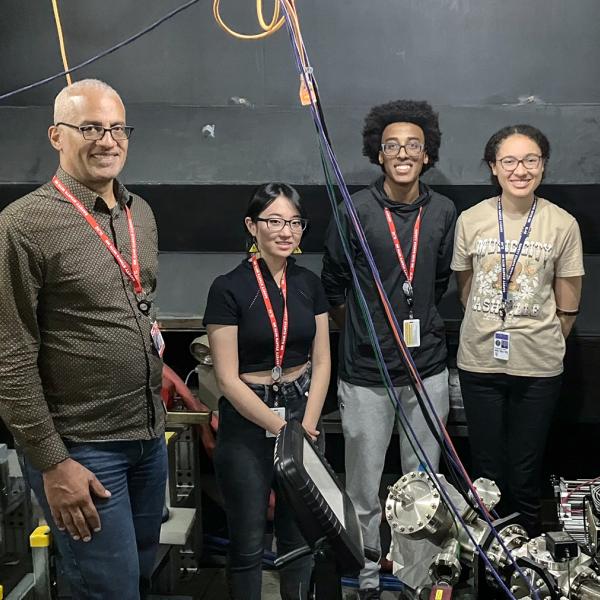SLAC topics
Accelerator science
Accelerators form the backbone of SLAC's national user facilities. Research at SLAC is continually improving accelerators, both at SLAC and at other laboratories, and is also paving the way to a new generation of particle acceleration technology.
Related link:
Advanced accelerators
